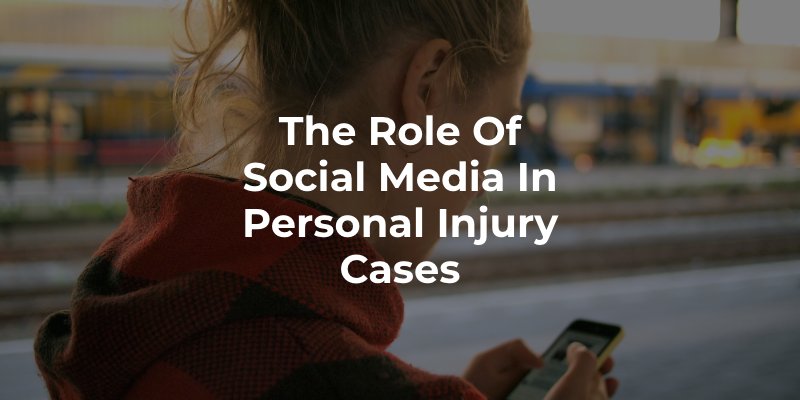Our attorneys have been assisting the Orange County and Southern California communities for over 40 years.
Social media might feel like a safe place to share your recovery journey, but even a simple post can come back to hurt your personal injury case. Insurance companies often look for anything they can use to question your injuries, and what you share online can make a bigger difference than you think.
If you were hurt in Orange County, knowing how personal injury claims and social media overlap could protect your case from mistakes.

In personal injury cases across Orange County, courts and defense lawyers are increasingly turning to social media for evidence. Even private content can become part of a lawsuit once a request is made.
Under California Code of Civil Procedure § 2031.010, attorneys are allowed to ask for electronic content, including social media posts, when it is relevant to the case.
Photos, videos, or comments that seem harmless can end up being used as evidence to argue that your injuries are not as serious as claimed. A picture of you smiling at a family gathering or checking in at a local restaurant can be taken out of context. Defense lawyers often argue that these posts show you are healthy, active, and not really in pain.
Even if you suffered serious construction injuries, what you post online may be used to undercut your claim. Defense attorneys may point to your social media activity to suggest you are still living normally, even when you are doing your best to stay positive or show up for your family. These arguments can make it harder to explain the real emotional and physical toll the injury has had on your daily life.
If you are seeking compensation for pain and suffering, anything you post can be used to suggest you are exaggerating. That includes old photos, casual updates, or even simple comments that seem unrelated to your case. It is important to understand how these seemingly minute details can be misinterpreted once litigation begins.
Social media posts made shortly after an accident can also be used to challenge your memory or statements later on. If your posts include details that do not match your medical records or later testimony, the defense may argue that your version of events is not trustworthy. In many cases, the content is pulled months after it was written, long after the injury itself.
It only takes one post to shift the direction of a personal injury case. People often make small online mistakes that seem harmless at the time, but defense attorneys and insurance companies are trained to find and use those details to weaken your claim.
Per California Evidence Code § 250, written and electronic communications can be used as evidence in court, which includes social media content. Here are some examples of posts that can raise concerns during a case:
Once something is shared online, it becomes incredibly difficult to take back. Insurance adjusters and opposing attorneys will look for anything that can be used to cast doubt on your claim.
Even after car accidents, small comments or smiling photos can be misread and used to question whether you are truly injured. Being careful about what you post can help protect the credibility of your case.